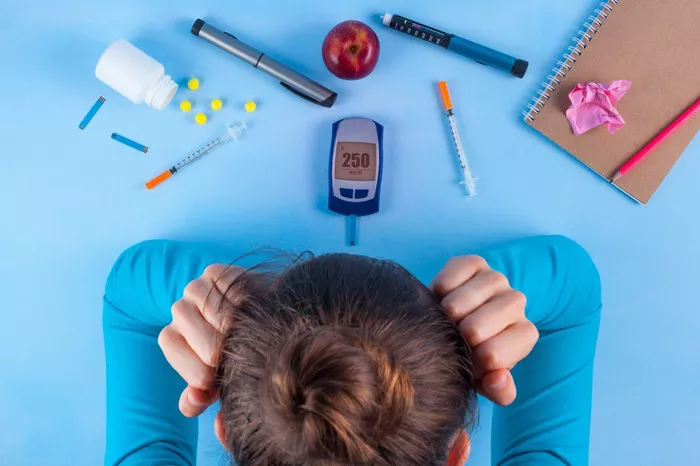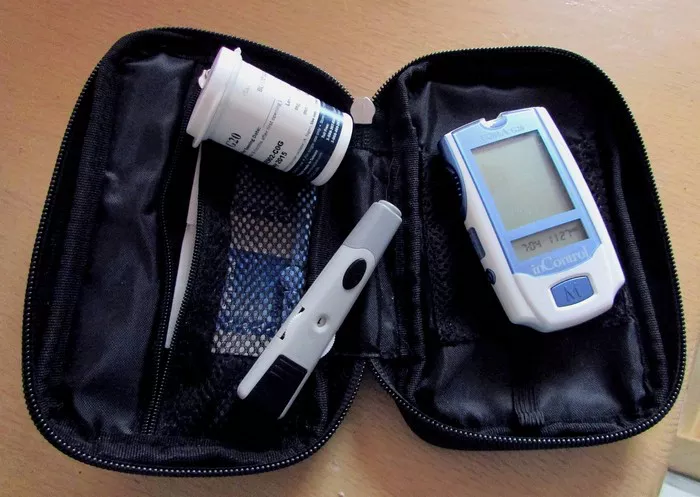Insulin resistance is a metabolic condition in which cells in the body become less responsive to the effects of insulin. Insulin, produced by the pancreas, plays a crucial role in regulating blood sugar levels by facilitating the uptake of glucose into cells for energy production. However, in individuals with insulin resistance, this process becomes impaired, leading to elevated blood sugar levels and various metabolic abnormalities.
Role of Insulin
Insulin acts as a key regulator of glucose metabolism in the body. After a meal, blood glucose levels rise, triggering the release of insulin from the pancreas. Insulin then binds to insulin receptors on cell membranes, signaling the cells to take up glucose from the bloodstream. Once inside the cells, glucose is utilized for energy production or stored for future use in the form of glycogen or fat.
Sites of Insulin Resistance
Insulin resistance can occur in various tissues throughout the body, each contributing to the development of metabolic dysfunction:
Liver: Insulin resistance in the liver leads to increased glucose production through a process called gluconeogenesis, contributing to elevated blood sugar levels.
Skeletal Muscle: Insulin resistance in skeletal muscle impairs glucose uptake, reducing the cells’ ability to utilize glucose for energy production and leading to increased blood sugar levels.
Adipose Tissue: Insulin resistance in adipose tissue affects lipid metabolism, leading to dyslipidemia and metabolic dysfunction, characterized by abnormal levels of cholesterol and triglycerides.
Brain: Emerging research suggests that insulin resistance in the brain may play a role in cognitive impairment and neurodegenerative diseases, such as Alzheimer’s disease.
Pancreas: Insulin resistance in pancreatic beta cells, which produce and secrete insulin, may impair insulin secretion, leading to decreased insulin levels and contributing to the development of type 2 diabetes.
Cardiovascular System: Insulin resistance is associated with various cardiovascular risk factors, including hypertension, dyslipidemia, and atherosclerosis, increasing the risk of heart disease and stroke.
Contributing Factors
Several factors contribute to the development of insulin resistance, including:
Obesity: Excess body fat, particularly visceral fat around the abdomen, increases the risk of insulin resistance.
Physical Inactivity: Sedentary lifestyle and lack of exercise reduce insulin sensitivity and contribute to insulin resistance.
Genetics: Family history of diabetes and genetic predisposition can increase the risk of insulin resistance.
Aging: Aging is associated with a decline in insulin sensitivity, making older individuals more prone to insulin resistance.
Medical Conditions: Certain medical conditions, such as polycystic ovary syndrome (PCOS) and sleep apnea, are linked to insulin resistance.
Health Implications
Insulin resistance is a precursor to various metabolic disorders, including:
Type 2 Diabetes: Insulin resistance is a primary factor in the development of type 2 diabetes, characterized by elevated blood sugar levels and impaired insulin secretion.
Metabolic Syndrome: Insulin resistance is a central feature of metabolic syndrome, a cluster of metabolic abnormalities that increase the risk of heart disease, stroke, and type 2 diabetes.
Cardiovascular Disease: Insulin resistance contributes to the development of cardiovascular risk factors, such as hypertension, dyslipidemia, and atherosclerosis, increasing the risk of heart disease and stroke.
Management and Treatment
Management of insulin resistance focuses on lifestyle interventions and medications to improve insulin sensitivity and prevent the progression to type 2 diabetes and other metabolic disorders. Strategies include:
Lifestyle Interventions: Adopting a healthy diet, engaging in regular physical activity, maintaining a healthy weight, and managing stress can improve insulin sensitivity and prevent insulin resistance.
Medications: Insulin-sensitizing agents, such as metformin and thiazolidinediones, may be prescribed to improve insulin sensitivity and control blood sugar levels in individuals with insulin resistance.
Insulin Therapy: In some cases, insulin therapy may be necessary to manage blood sugar levels in individuals with severe insulin resistance or type 2 diabetes.
Prevention
Preventing insulin resistance involves adopting healthy lifestyle habits and minimizing risk factors:
Maintain a Healthy Weight: Achieve and maintain a healthy weight through a balanced diet and regular physical activity to reduce the risk of insulin resistance.
Engage in Regular Physical Activity: Incorporate regular exercise into your daily routine to improve insulin sensitivity and prevent insulin resistance.
Follow a Balanced Diet: Eat a balanced diet rich in fruits, vegetables, whole grains, lean proteins, and healthy fats to support optimal metabolic health.
Manage Stress: Practice stress-reducing techniques, such as mindfulness meditation, yoga, or deep breathing exercises, to lower stress levels and improve insulin sensitivity.
Conclusion
Insulin resistance is a complex metabolic condition that affects various tissues in the body, leading to impaired glucose metabolism and increased risk of type 2 diabetes and other metabolic disorders. Understanding the sites of insulin resistance, its contributing factors, health implications, and management strategies is essential for preventing its progression and promoting overall metabolic health. By adopting healthy lifestyle habits and seeking appropriate medical care, individuals can effectively manage insulin resistance and reduce their risk of developing type 2 diabetes and cardiovascular disease.
Related Topics:
What Chinese Medicine Is Good For Insulin Resistance?



























